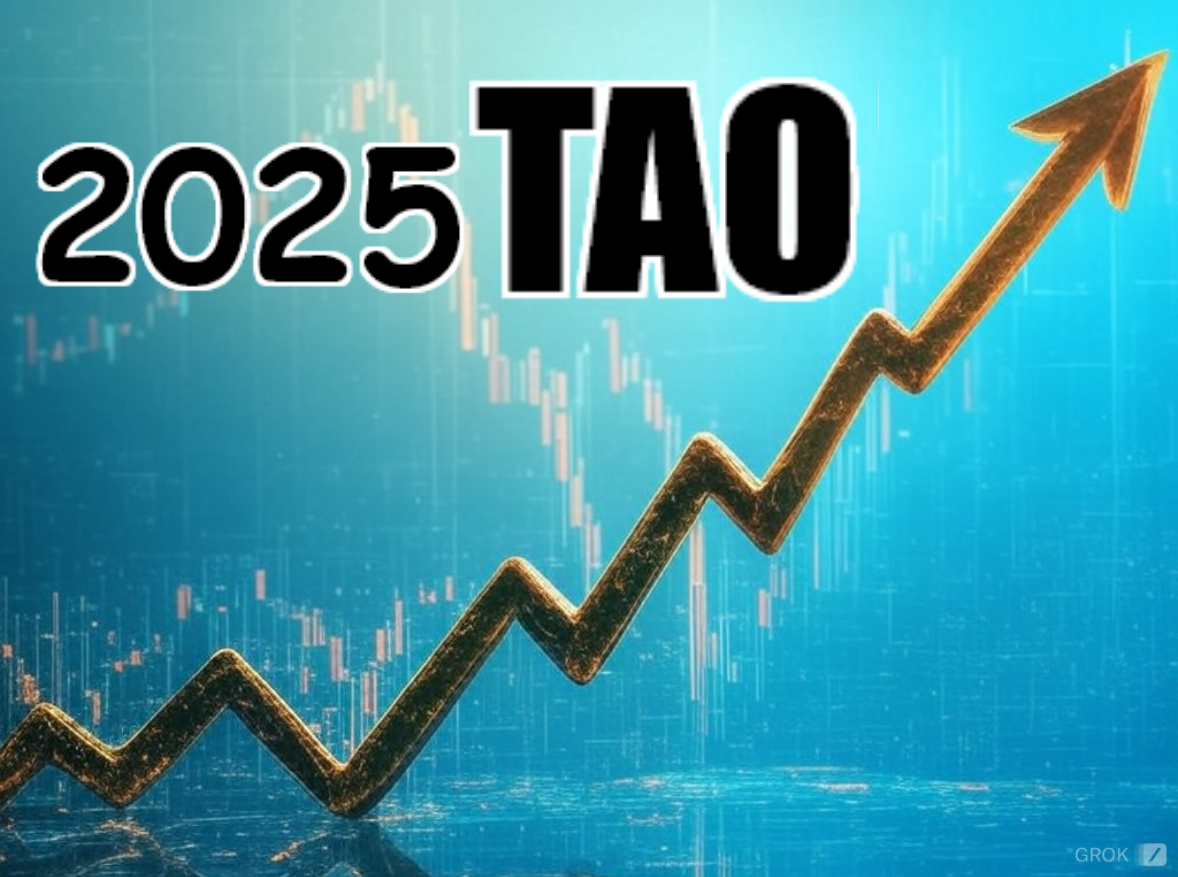Leveraging Gold Investments to Minimize Crypto Tax Liabilities.
Discover “How to Convert Crypto Profits into Gold to Save Tax” with this guide, detailing tax strategies, conversion methods, and the benefits of investing in gold for tax efficiency.
AI TRADING SIGNALS SOFTWARE
LINK-https://tradingindicatorpro.com
WATCH VIDEO TUTORIAL
LINK-https://youtu.be/F96qBjBNeG0?si=vperuAD6P12ueRP9
-
Capital Gains Tax: Cryptocurrency is treated as property by many tax jurisdictions, meaning any profit from selling or exchanging crypto can be subject to capital gains tax. The rate varies based on how long you’ve held the asset and your income level.
-
Tax Event: Each conversion or sale of cryptocurrency triggers a taxable event. This includes converting from one crypto to another or into fiat currency.
-
Tax Efficiency: Gold is considered a collectible by the IRS in the U.S., potentially subject to different tax treatments, including possibly lower long-term capital gains rates if held for more than one year.
-
Physical Asset: Gold offers a tangible asset, diversifying your investment portfolio beyond digital currencies and potentially reducing the risk associated with crypto volatility.
-
Liquidity and Value Preservation: Gold has been a store of value for centuries, offering liquidity and a hedge against inflation or economic downturns.
-
Choose the Right Platform:
-
Exchanges like Bitpanda or Paxful allow you to directly buy gold with crypto. Alternatively, convert your crypto to fiat on any exchange, then purchase gold through traditional dealers or online platforms like BullionVault.
-
-
Select Your Gold:
-
Decide between physical gold (bars, coins) or gold-backed securities (ETFs, mutual funds). Physical gold gives you direct ownership but requires storage, while securities can be easier to handle but come with management fees.
-
-
Transaction Process:
-
For physical gold, after converting crypto to fiat, transfer the money to a dealer. For ETFs or funds, you can often invest directly using the fiat from your crypto sale.
-
If buying physical gold, consider storage solutions like safe deposit boxes or secure home safes.
-
-
Tax Considerations:
-
Documentation: Keep meticulous records of your crypto transactions and gold purchases for tax purposes. This includes purchase dates, amounts, and any fees.
-
Long-Term Holding: Holding gold for over a year might qualify you for long-term capital gains tax rates if you later sell it at a profit.
-
Consult Professionals: Tax laws can be complex, especially with cross-asset conversions. A tax advisor can provide tailored advice ensuring you’re maximizing tax benefits legally.
-
-
Country-Specific Regulations: The tax implications of converting crypto to gold can vary greatly depending on where you live. In some countries, gold might not offer the same tax advantages or might be subject to different tax treatments.
-
Compliance: Always ensure your method of conversion complies with local laws regarding cryptocurrency transactions and gold trading.
-
Market Risks: Just like crypto, gold prices fluctuate. Converting might lock in crypto gains but exposes you to gold market risks.
-
Liquidity Issues: While gold is generally liquid, selling physical gold can be less straightforward than selling crypto or stocks.
-
Storage and Insurance: If you opt for physical gold, consider the costs and risks associated with storage and insurance.





